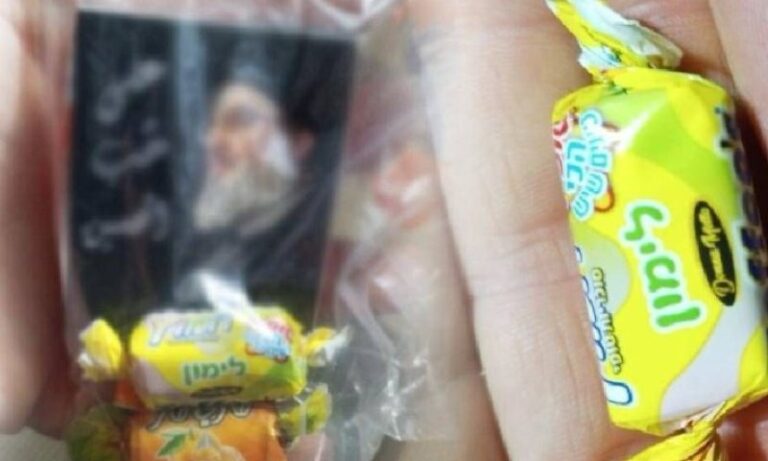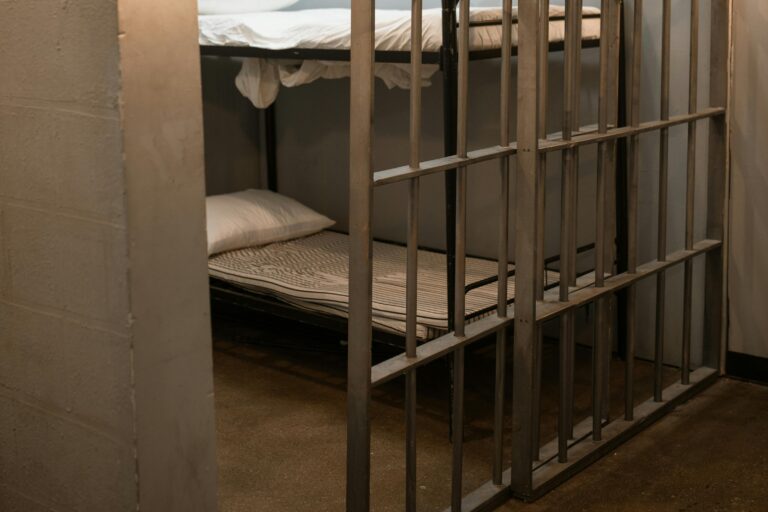 The recall of children’s Tylenol products and other Johnson & Johnson medicines were precautionary measures taken against “remote” health risks, a company executive told lawmakers Thursday.
The recall of children’s Tylenol products and other Johnson & Johnson medicines were precautionary measures taken against “remote” health risks, a company executive told lawmakers Thursday.
Drugmaker McNeil Consumer Healthcare, a division of Johnson & Johnson, has recalled products four times in seven months, including a widespread recall of children’s non-prescription drugs on May 1.
That recall took place because some of the products could contain “tiny metal particles,” said Colleen Goggins, the worldwide chairman of Johnson & Johnson.
Johnson & Johnson has suspended production at McNeil’s Fort Washington, Penn., plant that manufactured the children’s products. Other recalls were for adult-strength Tylenol, Motrin and Benadryl products.
“The recall was not undertaken on the basis of adverse medical events,” Goggins said in her testimony before the House Committee on Oversight and Government Reform.
However, CNNMoney has confirmed that the Food and Drug Administration is investigating reports of at least 775 serious side effects from drugs recalled by McNeil.
Johnson and Johnson chief executive William Weldon was invited to appear at Thursday’s hearing, but he declined due to health reasons. A panel of FDA officials are also in attendance.
‘Tiny particles’ and excess ingredients: In her testimony Thursday, Goggins said the “tiny particles” that caused the May 1 recall were “inert, small and sparse” and did not pose a risk of creating internal injuries.
Goggins also testified that McNeil “rejected” any products found to contain excess acetaminophen, which was another concern cited in the recall of its children’s products.
She added that McNeil’s medical experts confirmed that ingestion of even the “highest identified level of excess acetaminophen would not present a medical concern.”
Bacteria ‘not identified’ in any products: Earlier this month, the agency confirmed a bacteria found at the Fort Washington plant was Burkholderia cepacia, which is often resistant to common antibiotics.
“No raw materials that tested positive for objectionable bacteria were ever used in the manufacture of McNeil’s pediatric products,” Goggins said Thursday.
McNeil tested its final products for bacteria, Goggins said, and the company “has not identified any products placed on the market that contained objectionable bacteria.”
On Tuesday, the company outlined steps to remedy the quality and safety lapses at its manufacturing facilities.
(Source: CNN Money)











One Response
Poor quality control at McNeil — maker of Tylenol — has been a chronic problem, for — literally — decades.
Over twenty years ago, distinguished Chicago pediatrician and “best-selling” author, Robert S. Mendelsohn, M.D. — Olav HaShalom — was complaining about it, but the authorities refused to listen.